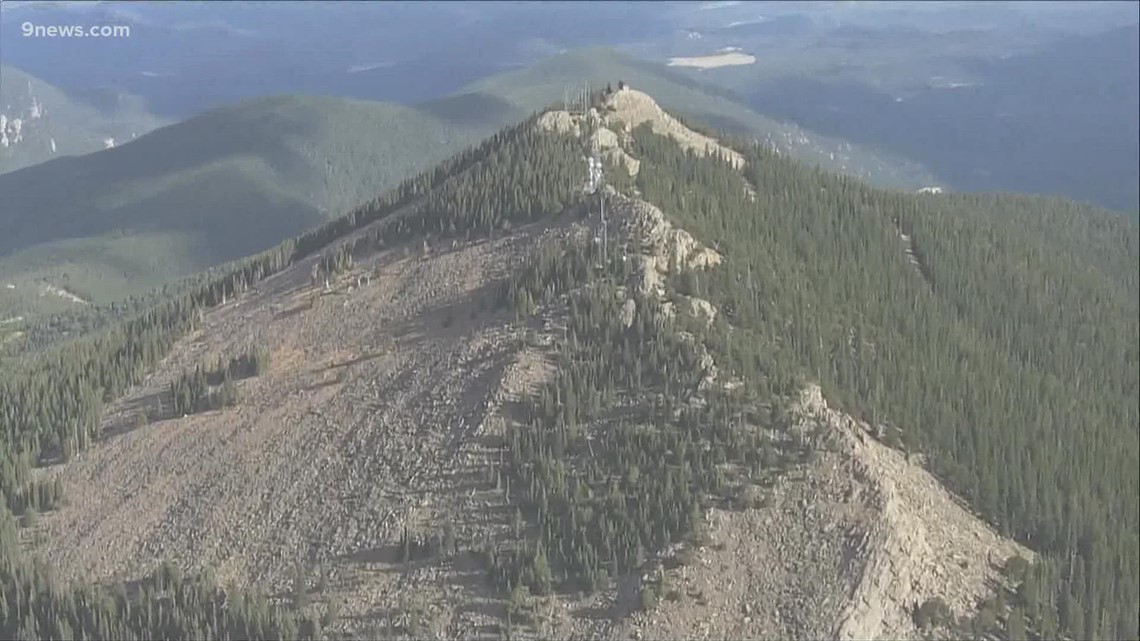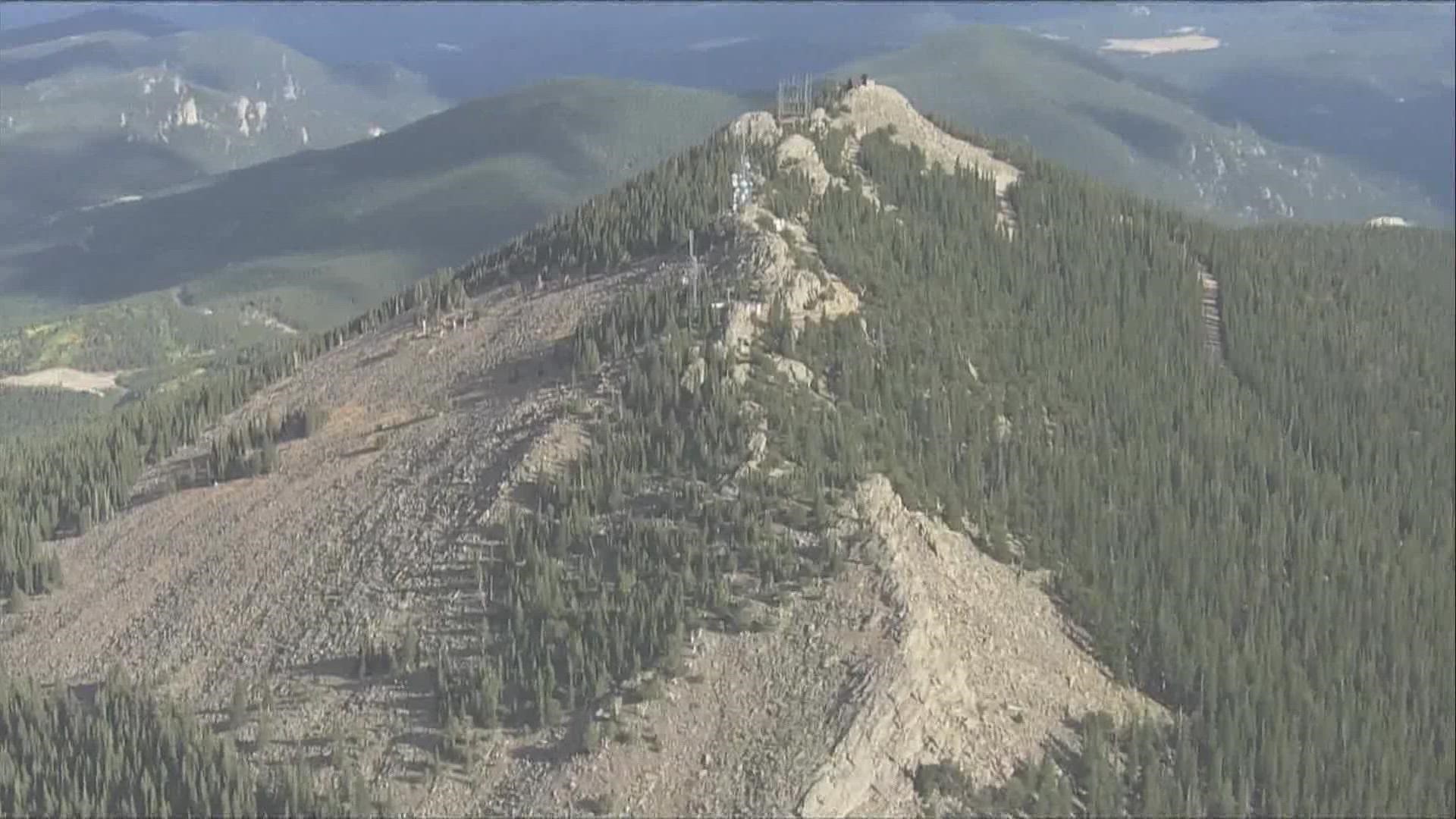CHEYENNE, Wyo. — The U.S. government on Thursday quit using a racist term for a Native American woman by renaming hundreds of peaks, lakes, streams and other geographical features on federal lands in the West and elsewhere.
The approval of new names for nearly 650 places bearing the offensive word "squaw" includes 28 in Colorado.
“I feel a deep obligation to use my platform to ensure that our public lands and waters are accessible and welcoming. That starts with removing racist and derogatory names that have graced federal locations for far too long,” Interior Secretary Deb Haaland said in a statement.
The changes announced Thursday capped an almost year-long process that began after Haaland, the first Native American to lead a Cabinet agency, took office in 2021. Haaland is from Laguna Pueblo in New Mexico.


Haaland in November declared the term derogatory and ordered members of the Board on Geographic Names, the Interior Department panel that oversees uniform naming of places in the U.S., and others to come up with alternatives.
Haaland meanwhile created a panel that will take suggestions from the public on changing other places named with derogatory terms.
The new names of the 28 Colorado locations on the list are:
- Petite Tetons, Summit County
- Earthlodge Rock, Weld County
- Artists Fingers, Mesa County
- Nuchu Creek, Summit County
- Colorow Creek, Eagle County
- Bug Canyon, Dolores and San Juan counties
- Sego Point, Dolores and San Juan counties
- Kaan Paachihpi, a pillar in Montezuma County
- Pawnee Hill, Yuma County
- Snow Creek, Archuleta County
- Pargin Creek, Archuleta County
- Eightmile Canyon, Archuleta County
- Kaavapayawiyagat Gulch, Ouray County
- Grizzly Creek, Hinsdale County
- Grizzly Lake, Hinsdale County
- Little Spruce Creek, Hinsdale County
- Grizzly Pass, Hinsdale County
- Hairpin Hill, Montrose County
- Cimarron Creek, Montrose County
- Red Gulch, Gunnison County
- Tabeguache Creek, Chaffee County
- Porcupine Creek, Saguache County
- Evening Star Mountain, Teller County
- Maize Gulch, Teller County
- Soapy Creek, Fremont County
- West Pawnee Trail Canyon, Baca and Cimarron counties
- East Pawnee Trail Canyon, Baca and Cimarron counties
- Mestaa'ėhehe Pass, Clear Creek County
Previously, the Colorado Geographic Naming Board changed the name of a mountain containing that same term in Clear Creek County. It's now called Mestaa'ėhehe Mountain.
While the term in question, identified as “sq___” by the Interior Department on Thursday, has met wide scorn in the United States somewhat recently, changing place names in response to broadening opposition to racism has long precedent.
The department ordered the renaming of places carrying a derogatory term for Black people in 1962 and those with a derogatory term for Japanese people in 1974.
The private sector in some cases has taken the lead in changing the offensive term for Native women. Last year, a California ski resort changed its name to Palisades Tahoe.
A Maine ski area also committed in 2021 to changing its name, two decades after that state removed the slur from names of communities and landmarks, though it has yet to do so.
The term originated in the Algonquin language and might have once simply meant “woman.” Over time, the word morphed into a misogynist and racist term to disparage indigenous women, experts said.
Jennifer Campbell-Hicks contributed to this report.
RELATED: For Polis, a Cheyenne name for a mountain is too hard to pronounce, but Indigenous groups disagree
SUGGESTED VIDEOS: Colorado Guide
9NEWS+
9NEWS+ has multiple live daily shows including 9NEWS Mornings, Next with Kyle Clark and 9NEWS+ Daily, an original streaming program. 9NEWS+ is where you can watch live breaking news, weather updates, and press conferences. You can also replay recent newscasts and find videos on demand of our top stories, local politics, investigations and Colorado specific features.
To download 9NEWS+ on Roku search for KUSA.
To download 9NEWS+ on Fire TV search for 9NEWS.

